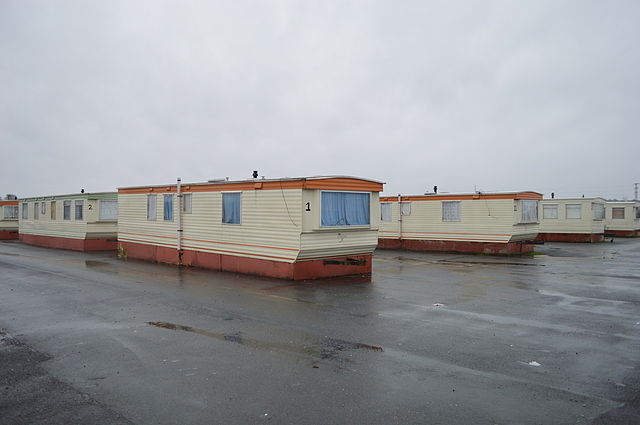Ending Direct Provision
Fri, Feb 26, 2021
Read in 2 minutes
Programme for Government contains the following commitment on Direct Provision: "We agree that the current system needs to change. Therefore, we are committed to a new long-term approach to International Protection". This morning Minister O’Gorman published a White Paper on Ending Direct Provision.

The Department of Children, Equality, Disability, Integration and Youth’s White Paper to End Direct Provision and to Establish a New International Protection Support Service outlines a phased approach to closing all existing Direct Provision Centres by the end of 2024.
The White Paper outlines the new system of accommodation and supports that will be put in place for applicants for International Protection. Under this new system, people who are applying for protection will be helped to integrate into Ireland from day one, with health, housing, education, and employment supports at the core of the system.
It is being designed to offer greater support and greater autonomy to International Protection applicants. It will operate on a not-for-profit basis.
Under the new system, when people arrive in Ireland seeking International Protection, at Phase One they will stay in one of a number of new Reception and Integration Centres for no more than four months. These centres will be newly built to a high specification and will be operated by not-for-profit organisations on behalf of the State.
During this orientation period, people will receive integration supports to help them adjust to living in Ireland. This will include English language tuition and employment activation supports
After their first four months in Ireland, people whose protection claims are still being processed will move to accommodation in the community. This will be own-door or own-room accommodation, for which they will pay a means-tested rent.
Applicants will be entitled to seek paid work after six months, and they will be encouraged and supported to do so. Integration supports will continue to be available to people who need them.
The transition to the new system will be led by the Department of Children, Equality, Disability, Integration and Youth. Progress will be monitored by a Programme Board whose membership will include non-government stakeholders.
It is envisaged that the new system will be fully operational by December 2024.
- Image credit, Direct Provision centre, Athlone